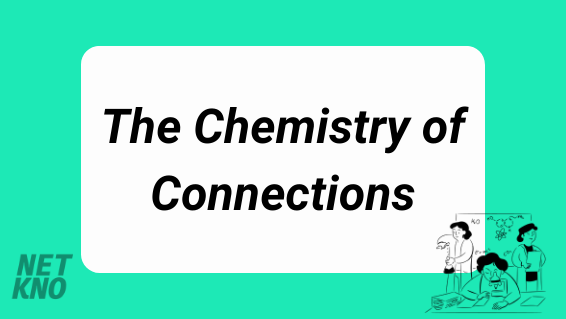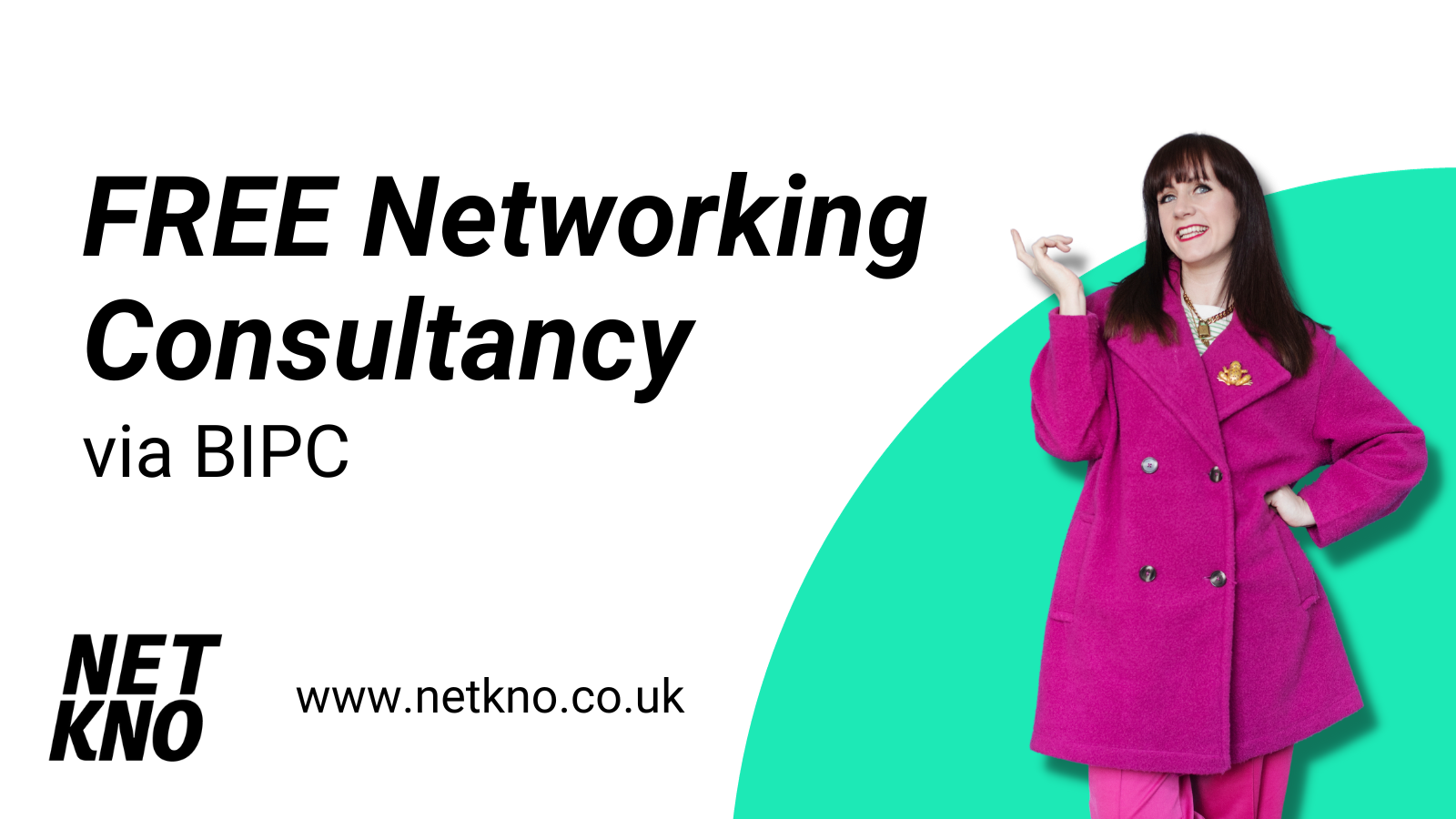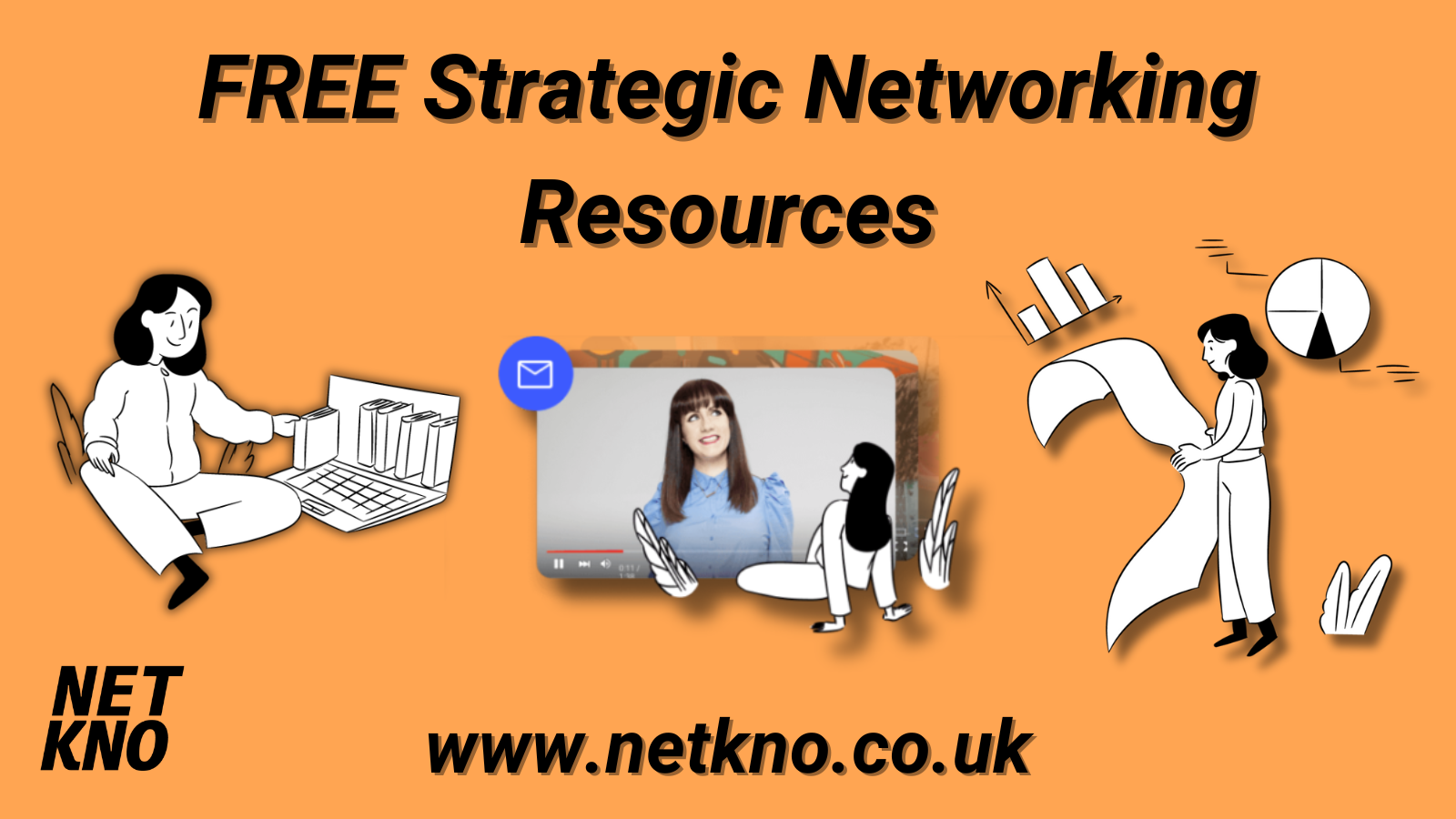Nine months ago I had my first child (she’s a legend) and I have to say the whole process of pregnancy and birth was utterly fascinating! Painful, but fascinating!
As first time parents we went along to some classes when I was pregnant hoping to learn the basics, like how to change a nappy and generally keep the baby alive. We did cover the nappy changing and lots of other baby stuff, but what we also learned about was the science behind the process of birth and early child development.
During these classes I learnt about oxytocin, one of the ‘happy hormones’ that make us feel all warm and fuzzy and plays a massive role in childbirth and bonding. Oxytocin is released during child birth and does some crazy stuff to a women’s uterus, but more importantly for the purpose of this discussion it is released when parent and baby touch.
When baby is first born doctors encourage what is called skin-to-skin when baby is placed on Mum or Dad’s bare skin which helps calm down baby after the chaos of birth, but it also helps them to bond.
Oxytocin is released in both parent and child when their skin touches, and not only does this chemical make them feel good it also creates an emotional bond between the two.
The reason it feels good is to encourage us to keep doing it, it’s like a chemical reward system: when parent cares for and tends to their child they get rewarded with a happy shot of oxytocin which in tern builds a bond and of course, encourages parent to continue caring.
An experiment on new-Mum rats even showed that when given the choice they would have oxytocin over cocaine! Pretty powerful stuff this oxytocin.
It’s not just in new parents that oxytocin is released, (I should also say that it’s not just in biological parents either, this happens when babies are adopted so it’s not just as a direct result of pregnancy) it’s also released as a result of our social interactions.
When we touch each other oxytocin is released; couples snuggling up to watch TV, friends hugging, even strangers shaking hands. Physical contact results in both parties getting a shot of happiness in the form of our friend oxytocin.
So when we’re out networking and meet someone new, we shake hands and this mutual happy shot is released building a small bond between us: but oxytocin is responsible for a lot more than just a warm fuzzy feeling.
Oxytocin is also responsible for helping us to build trust!
Over time, the more we engage socially with the same person and get those little shots of happiness from them we also build up trust – and as we all know, trust plays a major role in networking, business and in our overall personal social happiness! We all want to be around the people we trust because that’s when we feel safe: it goes back to caveman days when we were under constant threat from basically everything (animals, weather, starvation, each other!), so being around people we trusted in our tribes was literally a matter of life or death. Hence why we’re programmed to seek it out and enjoy it.
But it’s not all warm and fuzzy I’m afraid. Experiments have shown that oxytocin is also released when someone does something we perceive as negative, either towards us or towards someone else. When we receive a shot of oxytocin, depending on our environment and the social situation we’re in, our brain will register it as either good or bad.
That then creates a kind of stamp of either trust or distrust on that person and gives us a chemical memory.
It’s why when we meet someone that reminds us of someone we already dislike (they’ve wronged us in the past and we got that shot of oxytocin that registered as negative), we instantly dislike them too, even though they’ve given us no direct reason to. All the more reason to ensure you make a good first impression: you want people to associate their oxytocin hit from you as a positive one.
Since lock-down we’ve all been deprived of receiving those regular shots of happiness we’d usually get from social interactions, but luckily there’s another way to get your hit!
Kindness.
That’s right, oxcytocin is also released when you conduct an act of kindness. In fact you get a hit, and the person you’re helping gets a hit, AND anyone that see’s you being kind also gets a hit too! It’s an all out love-fest!
(It can’t be giving away money though. Money doesn’t really work. Our brains chemically don’t care about money because they know we can just make more – they care about our time, affection, attention and our support.)
This could explain why, since lock-down, there’s been a rise in small acts of kindness: neighbours are speaking to each other for the first time in years, friends are sending surprise gifts to each other simply because (my Mum calls this a ‘happy’: it’s not a happy birthday gift or happy anniversary gift, a gift for no reason is just a ‘happy’), strangers are smiling at each other as they pass by on their daily walks for goodness sake! When was the last time a stranger smiled at you and you didn’t think they were completely crazy?!
These acts of kindness could, and should, be transferred into your professional lives too. Building relationships remotely can be tricky (I’ve got a new training course on this subject coming soon…), but it can be done and building trust plays a major part in it.
Oxytocin has a major role to play in the chemistry of how we connect, it helps us bond with our kids and with each other, and it helps us build trust. And although right now you can’t get your dose from going networking and shaking lots of peoples hands, you can get your happy hit by being kind to others.
So look out for an opportunity to give yourself and those around you a little joy, help build trust within your network, and start new relationships on the right foot by remembering the science and do something nice.
side note: Another one of the four ‘happy hormones’ I mentioned is dopamine, and this is released during sex, when we gamble, and interestingly when we use social media! So when you post something and you keep going back to check if anyone’s ‘liked’ it, it’s because if they have you’ll get a happy, but highly addictive, shot of dopamine. Fascinating!
To learn more about networking take a look at our online-learning courses HERE!
You can also subscribe to our YouTube channel which is full of free training videos, or take a look at some more blogs such as How To Network For Career Progression, and 5 Reasons You Don’t Need A Networking Strategy.



